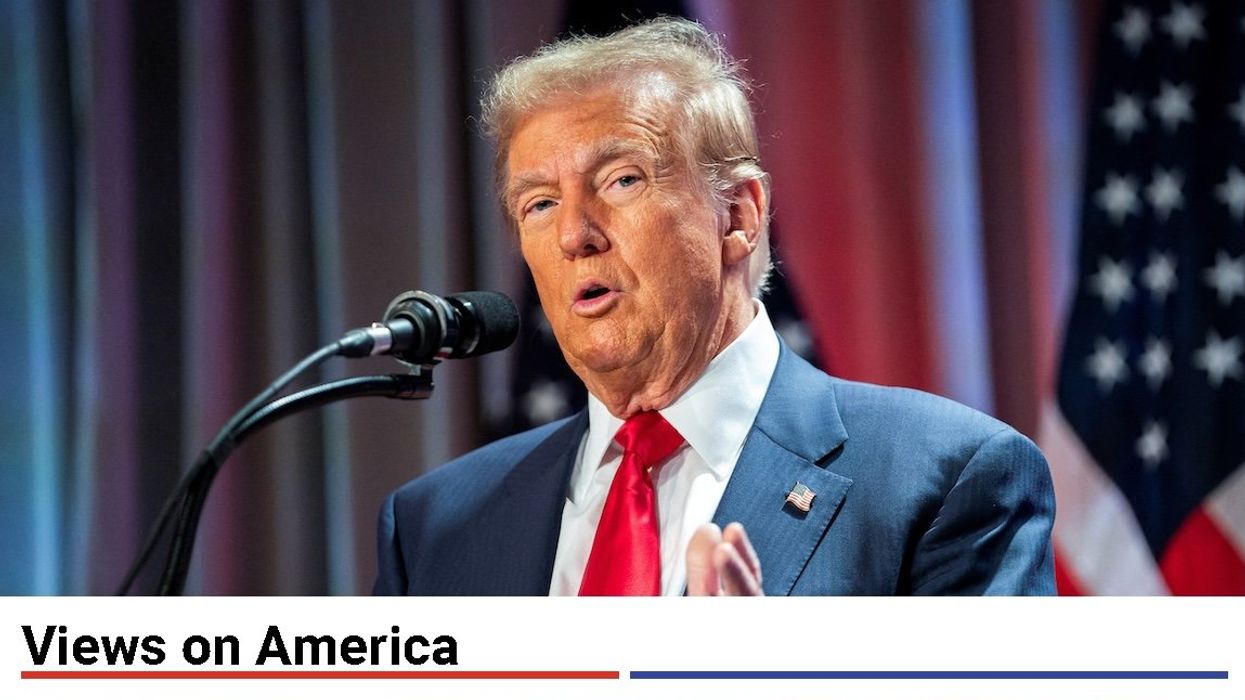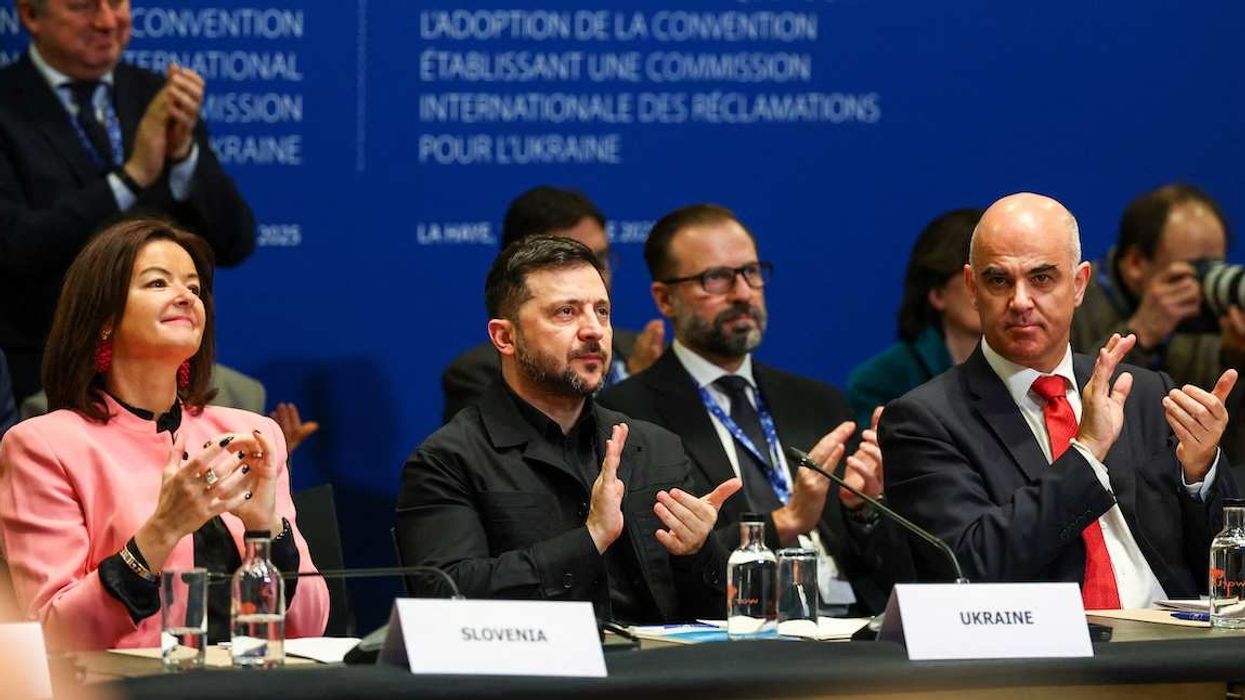As musicians from around the world prepare to represent their country in the Eurovision Song Contest, thousands of demonstrators waving Palestinian flags are flooding the host city of Malmö, Sweden, to protest Israel’s participation.
Politics are always present alongside the kitschy revelry, over-the-top costumes, and sometimes unpleasant song choices at Eurovision. But this year, amid growing protests against the war in Gaza, politics are taking center stage.
Israel’s entry, “Hurricane,” performed by 20-year-old Eden Golan, received boos and shouts of “Free Palestine” from the audience. The song was initially titled “October Rain” in reference to the Oct. 7 attack, but that ran afoul of the contest’s rules against politicized lyrics and both the name and some of the lyrics had to be changed. Israel qualified for the final round after its performance in the semifinals on Thursday.
Golan has a connection to two global conflicts. Until the Ukraine War broke out, she was a pop singer in Russia. Her father served as chairman of the board of directors at Sovcombank, one of Russia’s 13 “systemically important” credit institutions that later became the subject of international sanctions. Israeli-born Eden received death threats ahead of her performance at the semifinals.
The opposition to Israel’s participation in Eurovision has extended beyond the protesters outside the event. Artists from Sweden, Finland, and Iceland have called for a boycott.
Beyond Israel, Croatia’s representative, Baby Lasagna, came armed with a song about the brain drain plaguing Croatia as its youth leave the country for wealthier ones in the EU. It is the current favorite to win, with Ukraine close behind.



















